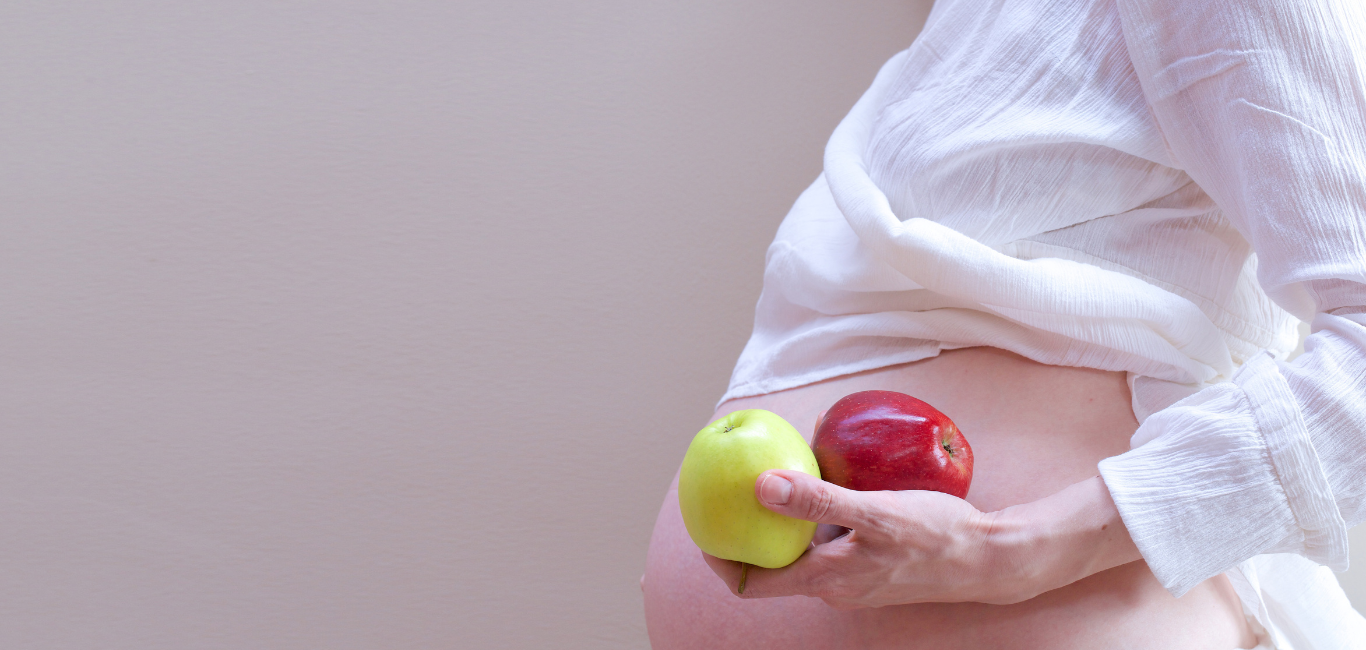
Nutritional deficiencies in pregnant women can severely hamper the growth of their infants.
While the importance of vitamins, folic acid and iron in the baby’s growth is well established, a new study on Japanese women published in Frontiers in Nutrition has found that dietary fibre, too, plays a crucial role in the baby’s neurodevelopmental milestones.
Researchers from the University of Yamanashi, Japan, have found that children whose mothers had consumed fewer amounts of dietary fibre in pregnancy could neurologically develop slowly in the first three years compared to children whose mothers had taken adequate fibre in their pregnancy-time food.
They assessed neurodevelopmental factors like neuromotor developments, communication and other behavioural and social skills.
“Most pregnant women in Japan consume far less dietary fibre than the recommended intake,” Dr Kunio Miyake, the study’s leading author, says in a statement. She adds that the results reinforce evidence from their earlier research on animals – which says undernutrition during pregnancy increases the risk of neurodevelopmental delays.
An ideal intake
Speaking with Happiest Health, Dr Miyake explains that according to the Dietary Reference Intakes for Japanese (2020), the target dietary fibre intake for adult women, including pregnant women, is calculated to be 18 g or more per day. “It is important to ensure that you are getting enough dietary fibre on a daily basis, not just during pregnancy,” she says.
Dr Miyake’s previous animal studies found that a high-fibre diet during pregnancy is linked to improved immune system development, decreased metabolic syndrome and decreased cognitive and social dysfunction in the offspring.
Whereas a low-fibre diet during pregnancy impairs brain nerve function in the offspring. Now, the current study found a similar correlation in human studies.
Read more: Not so sweet: diabetes during pregnancy can affect the child’s brain development
Read more: Physiotherapy for cerebral palsy: meeting milestones
Mother and child surveys
The four-year-long study collected data from 76,207 mothers and their infants from the Japan Environment and Children Survey. The researchers recorded the neurodevelopmental milestones of the chosen children. They monitored the children’s brain development and performance delays until they turned three.
Using a questionnaire, the researchers collected the mothers’ dietary information during their second and third trimesters. By another questionnaire, they assessed the developmental delays of respective children, focusing on communication, problem-solving, personal-social skills and coordination skills. These parameters were evaluated from the inputs that parents sent to them every six months until the children turned three.
Based on the parents’ answers, the researchers analysed how low and high dietary fibre intake during pregnancy affected the development of the child’s brain.
Fortifying with fibre
The periodic observations revealed that children whose mothers consumed adequate dietary fibre had relatively better brain development. These parameters were not as efficient in children whose mothers’ fibre intake was low.
Studies have shown that water-soluble dietary fibre and folic acid during pregnancy could influence the gut microbes to produce short-chain fatty acids. These short-chain fatty acids control the functions of the sympathetic nervous system and the brain and behaviour.
Dr Miyake says, “[Consuming] both dietary fibres [soluble and insoluble] are important, but water-soluble dietary fibre intake tends to be insufficient, so it is necessary to be conscious and ingest it.”

















